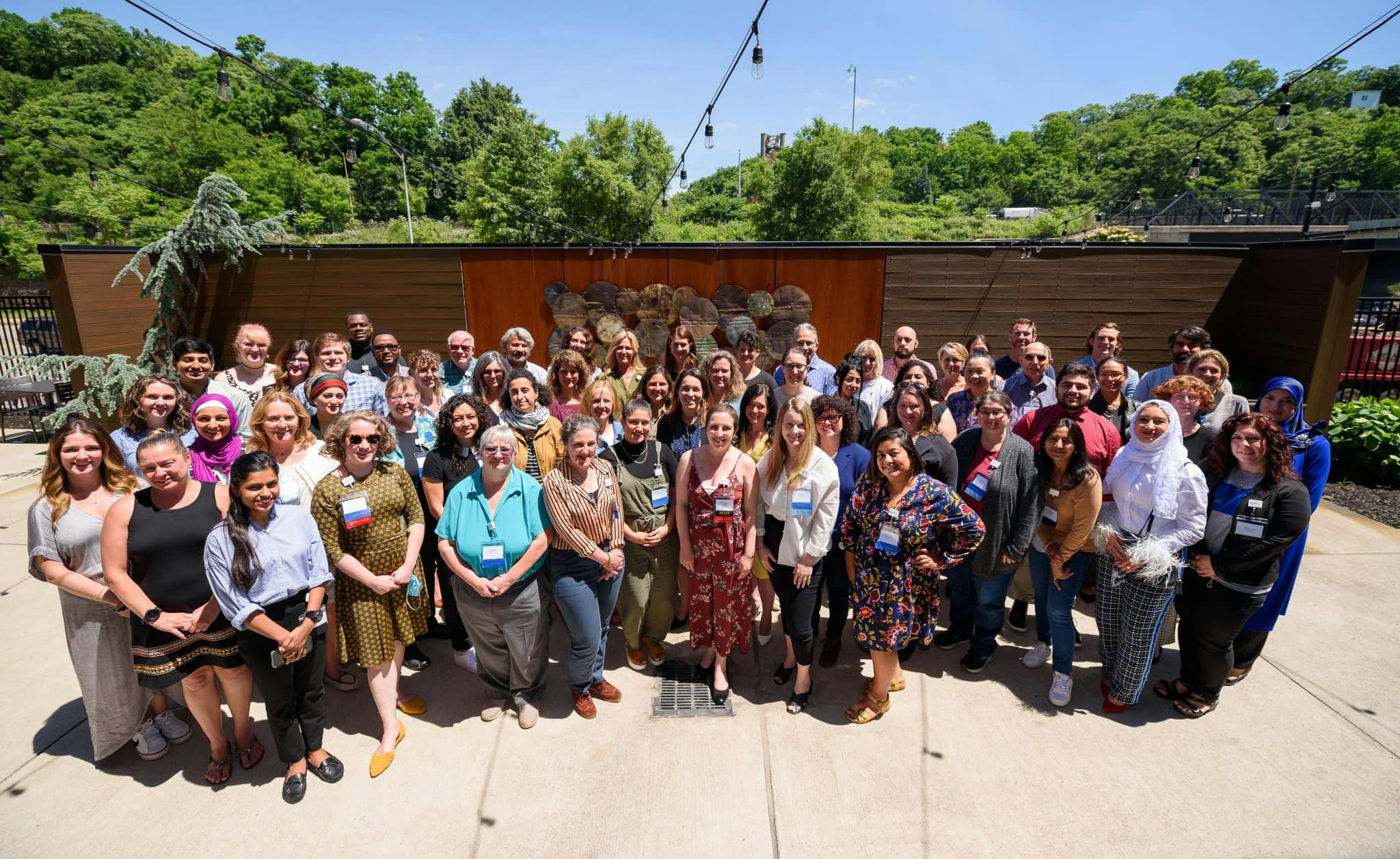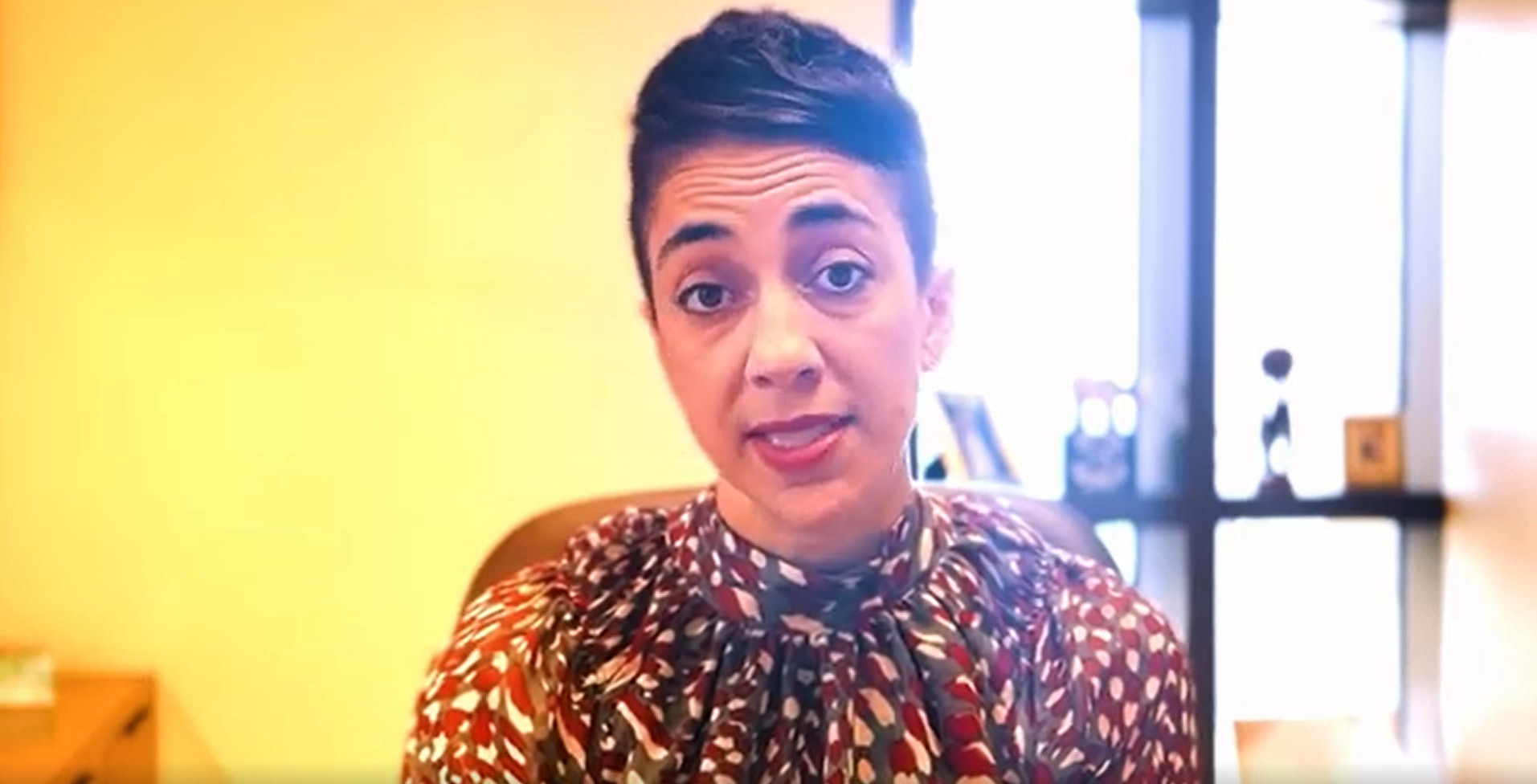Mrs. Bush traveled to Washington D.C. this week to visit the AIDS Memorial Quilt and deliver remarks at the nineteenth International AIDS...
Mrs. Bush traveled to Washington D.C. this week to visit the AIDS Memorial Quilt and deliver remarks at the nineteenth International AIDS Conference. While visiting the Quilt, Mrs. Bush remarked about the lives that were cut short and the unfulfilled promise of those who were lost to AIDS.
When Mrs. Bush’s mother-in-law, Barbara Bush was First Lady, she too visited the AIDS Quilt and worked to reduce the stigma around AIDs by kissing babies infected with HIV and hugging adults with AIDS. During those early years, people thought you could “catch” AIDS, and Barbara Bush’s example helped to reverse this mistaken notion. Ten years after President George H.W. Bush left office, his son, President George W. Bush, launched the largest initiative in history to combat a single disease. The President’s Emergency Plan for AIDS Relief (PEPFAR), which President Bush announced in his 2003 State of the Union address, has saved the lives of millions of people around the world – providing these individuals with the chance to fulfill their promise.
Mrs. Bush spoke at the International AIDS Conference on Thursday to discuss the important leadership role women play in combating diseases, like AIDS and cervical cancer. Mrs. Bush lauded the great progress that the international community has made to confront a pandemic that, just a decade ago, was threatening to wipe out an entire generation. Due to the creation and intervention of PEPFAR, over 7 million people are now on life saving antiretroviral medicines and are living full, vibrant lives.
Mrs. Bush told compelling stories of women that she met in her travels to 12 of the PEPFAR countries. Women who contracted AIDS from their husbands or, more tragically, through sexual assault – but who, by revealing their painful stories, are experiencing triumph and are helping the next generation. Mothers are learning how to prevent transmission of the disease to their babies, and girls are becoming educated about how to prevent contracting the disease.
Women are leaders in their families and their impact upon the well-being of their children is significant. As Mrs. Bush said, healthy women make healthy families. If a woman dies, her children are ten times more likely to die – and those who survive are less likely to go to school or to be fed.
There are also many women in leadership positions, like the First Lady of Zambia or the former Minister of Health of Botswana, who champion important issues regarding women’s health and welfare. The voices and influence of national figures, community leaders, and mothers are imperative to the security of the next generation.
The success of PEPFAR has taught us many important lessons about developing public private partnerships, and leveraging the unique assets of faith-based organizations, local leaders and, especially, women. These lessons are now being implemented to combat other diseases.
The Bush Institute is partnering with PEPFAR, UNAIDS, Susan G. Komen for the Cure on a new global health initiative, called the Pink Ribbon Red Ribbon initiative, to tackle cervical and breast cancer in sub-Saharan Africa – starting in Zambia and Botswana. Using the health infrastructure of PEPFAR, the Pink Ribbon Red Ribbon is expanding services to screen and treat women for cervical and breast cancer.
As President and Mrs. Bush often say, it is unacceptable for a woman to survive AIDS and die of cervical cancer, a preventable and treatable disease. Screening and treatment has already begun in Zambia. The inexpensive interventions to combat cervical cancer are starting to save women’s lives – giving their children the opportunity to grow up with a mother and increasing their chance at a hopeful future.
This post was written by Charity Wallace, Director of the Women’s Initiative at the George W. Bush Institute.






























